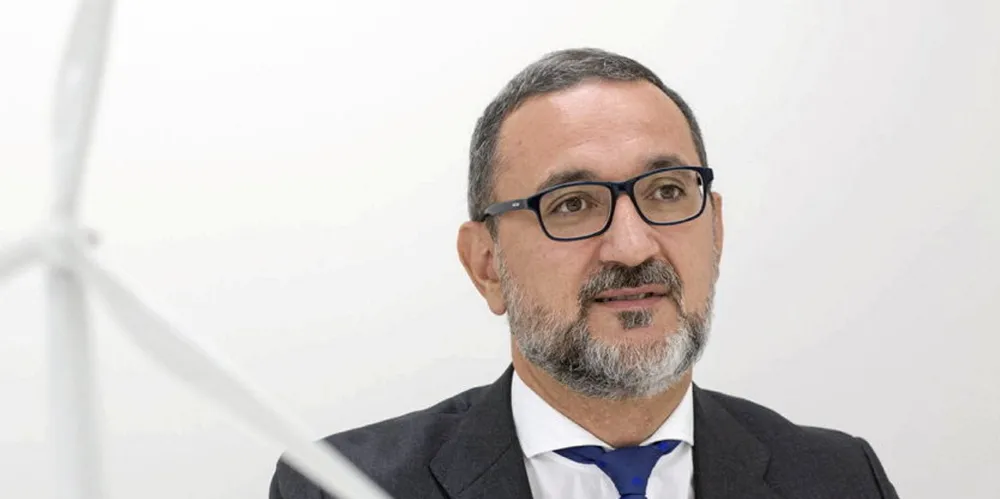As floating projects queue up, Spain at last rolls out offshore wind rules
Nation finally gets offshore zoning in place and consults on regulatory framework

Spain has kicked off a period of a public consultation on proposed new rules for the development and production of offshore wind power, as part of a wider plan to put an initial 3GW of capacity in place by 2030.
The Spanish government had already put in place offshore spatial planning plans for the development of offshore wind after a long period of to-and-fro with stakeholders, and has now signalled that it wants to move quickly to put a new regulatory framework in place.
Spain's potential for offshore wind power is largely for the floating variety, and the administration has signalled that pre-existing energy regulations are considered outdated for this technology.
But energy industry leaders in Spain have been urging the government there to speed up publishing of the regulatory framework.
Plans are afoot to stage an inaugural tender for seabed concessions later this year, although time is running out.
Spain’s ministry for the environment and energy published the long-awaited consultation documents earlier this week and called for written submissions up to 25 March.
Under the outlined proposals, a “one-stop shop” approach to leasing has been promised, with remuneration schemes and grid connections expected to be allocated at the same time.
Juan Virgilio Marquez, director general of the Spanish Wind Energy Association (AEE) welcomed the move in an interview published on the AEE website, where he stated that “2024 will undoubtably be the take-off year for offshore wind in Spain”.
Spanish press reports and announcements suggest as many as 45 floating wind projects have been submitted in Spain by at least 18 different promoters.
“All the wind players who have been coming to position themselves for the offshore market in our country and investing in early studies and developments, are ready to step on the accelerator,” Marquez stated.
Spanish officials and industry leaders are confident in the country's ability to develop a competitive supply chain for floating wind, building on the presence of naval industries in the north and north-west of the country.
Along with the Canary Islands, the north and north-west are also seen as the areas with the best potential for offshore wind projects.
Marquez argued that the new regulatory framework is needed in order to create legal clarify for investors and to provide protection against the kind of judicial interpretations he argued can "overrule technical and environmental authorisations and modify rules that have been used successfully for 10 years or more".
“It is essential to have the legal certainty that prevents projects," he stated.
(Copyright)